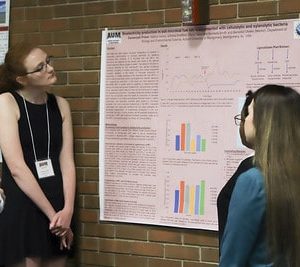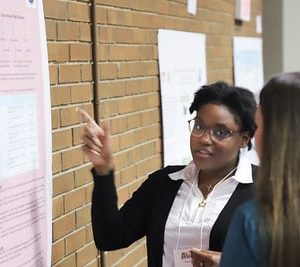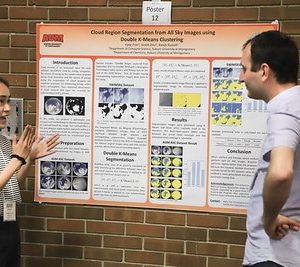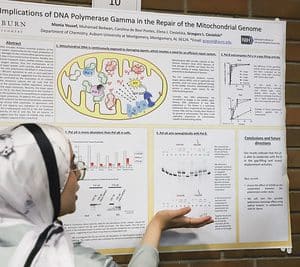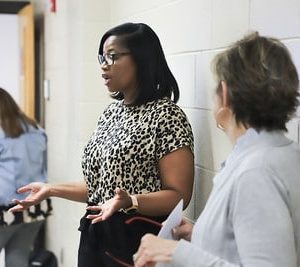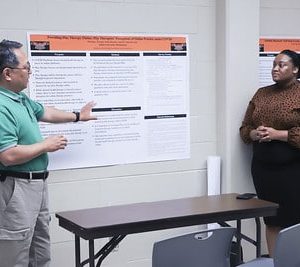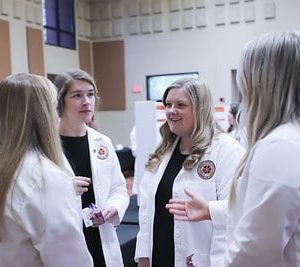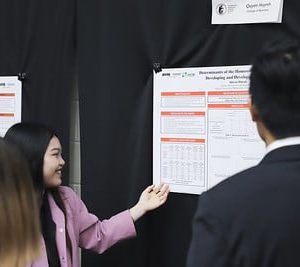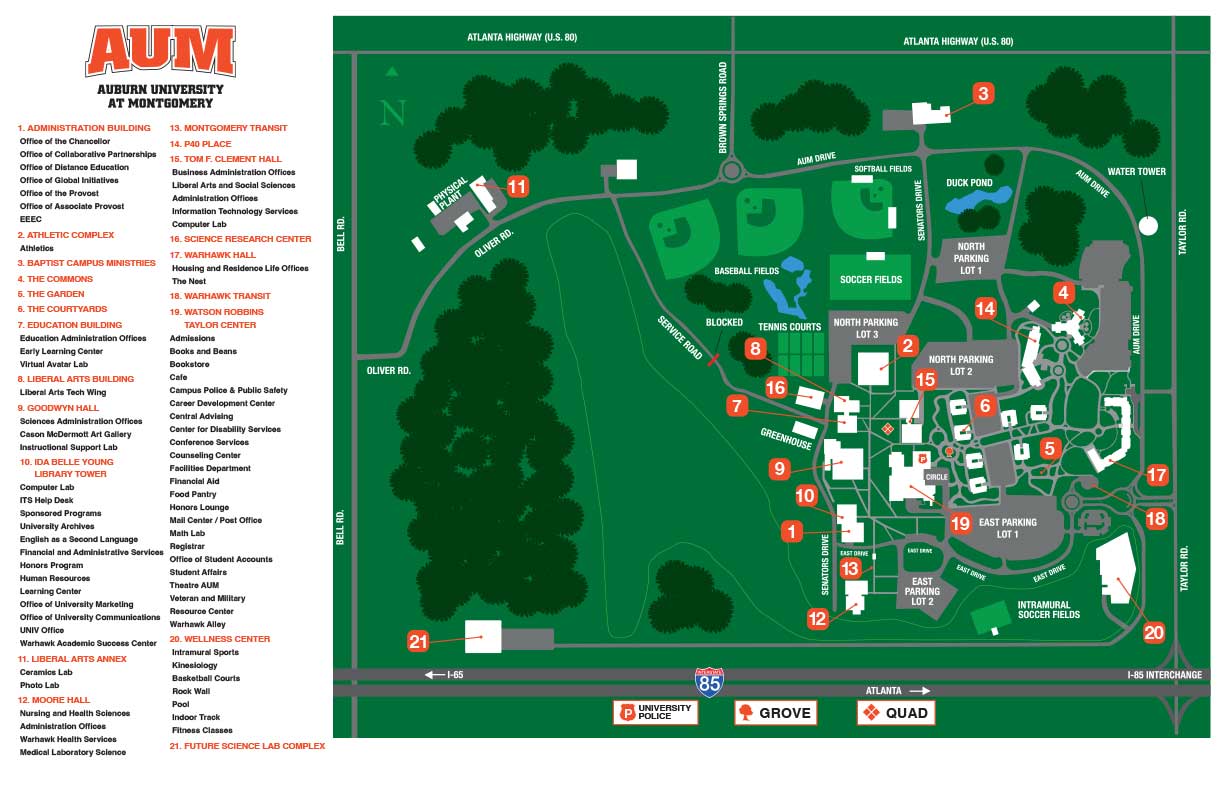A University in Motion. Apply now!
Research and Creative Activity Funding
The Experiential Education and Engagement Center and the Office of the Provost are offering funding for faculty-led research opportunities. To learn more about applying for undergraduate research and creative activity funding, please review the documents below.
Celebration of Research and Creative Activity
The annual Celebration of Research and Creative Activity highlights the work of students from all five of AUM’s Colleges. This celebration allows students to present posters and oral presentations about their research to faculty, staff, and fellow students.
Join us on April 26, 2024
Funded Research Projects
On-Campus Undergraduate Research Opportunities
Undergraduate research provides invaluable opportunities for you to deepen your understanding of your discipline or to prepare for graduate school and career. The Professors below have opportunities available. Please contact them and get started today!
Faculty, if you haven’t already worked with students, you’ll find that mentoring them in research is rewarding and that they can make meaningful contributions to your project. If you would like to have students work with you on a project please let us know at [email protected].
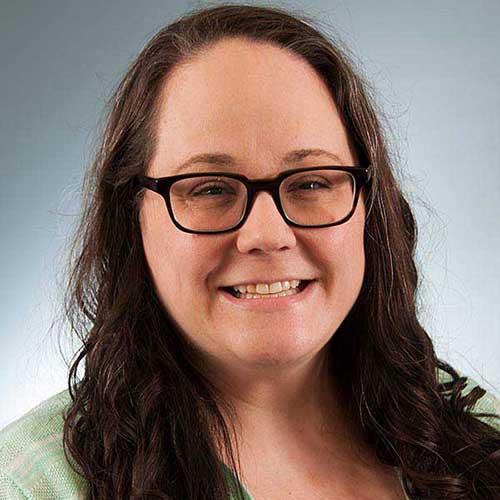

Clarissa Chavez
Department Chair; Associate Professor | College of Sciences
Department of Psychology, College of Sciences
Project start: Open Project end: Open
Description of opportunity:
Students would have the opportunity to continue to run a previous MS thesis social-cognitive psychological experiment to gather more data.
In this study, we will continue to examine how a single bout of intense exercise and repeated exposure to individuating information changes the accessibility to person versus group-based (i.e., group stereotypes) memories. This experiment requires all research assistants to be CPR certified. You’ll also learn how to use a cycle ergometer, monitor heart rates, and test for blood pressure.
Looking for: This experiment will likely take a year to complete. Students should be either a psychology major or minor. This is a rather arduous experimental design. Students should be dependable, motivated, and have flexible schedules.
Duties: Students will be expected to run the experiment and help train other students to run the experiment. Students will be expected to read literature on background theories involved within the experiment. Students may also be involved in writing an IRB protocol and data analysis (via SAS).
Amount of time estimated/week: Average of 5 hours a week. This is flexible.
To learn more: Email: [email protected]
Department of Information Systems, College of Business
Project start: 1/10/2020 Project end: 5/20/2021
Description of opportunity:
Developing a computer application to collecting data from online forum(like Reddit) or SNSs. Otherwise, modifying existing application (which I am already using)
Looking for: Computer programming
Duties: Students are expected develop or upgrading a computer application can facilitate researches which leverage secondary data from Internet.
Amount of time estimated/week: 5
To learn more: Email [email protected]
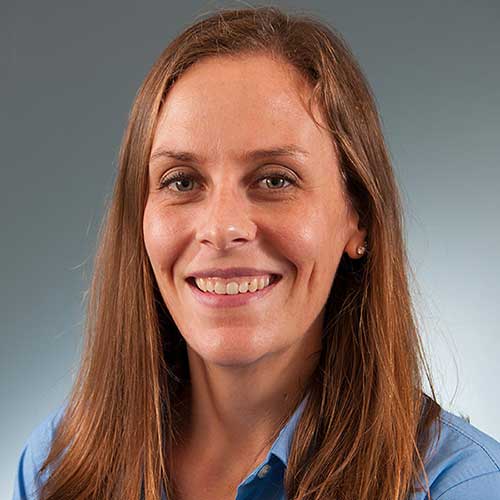

Tara Beziat
Associate Professor | College of Education
Department of Curriculum, Instruction, and Technology; College of Education
Project start: Open Project end: Open
Description of opportunity:
My research topic is metacognition. Cleaning and sorting survey data. Finding and summarizing articles including annotations.
Looking for: No qualifications necessary
Duties: Reviewing Data sets collected through Qualtrics and sorting and cleaning the data using Excel. If time allows, I can work with the student to show them how to use SPSS- statistical software. Conducting literature reviews.
Amount of time estimated per week: 1-5 hours
To learn more: Email is best – [email protected]
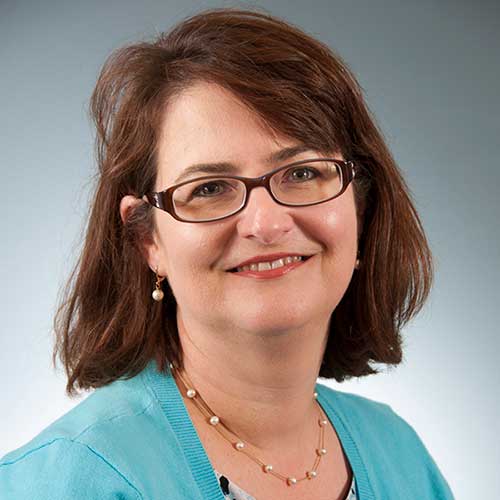

Kim Brackett
Associate Dean; Professor | College of Liberal Arts and Social Sciences
Department of Sociology, Anthropology, and Social Work; College of Liberal Arts & Social Sciences
Project start: Open Project end: Open
Description of opportunity:
Constructions of family life and pathways to family formation. Currently we have data about family ministry and I am interested in looking at grandparents as part of the family experience. My past research includes examinations of dating and relationship formation. I’d love to work on some of these topics again. I do some additional work on pedagogy and meta-cognition. A curiosity I currently have involves the evolving language in the area of gender.
Looking for: I’d like to work with a student for longer than just one semester. It’s important that the student have a basic understanding of sociological concepts and an academic interest in personal relationships. Curiosity about society is a huge plus.
Duties: Reading and literature review work on grandparenting and family ministry. Possible interview question development, IRB protocol work, and data collection around a gender study or dating study.
Amount of time estimated/week: I am flexible on this. It depends on student availability.
To learn more: Stop by my office -319 Clement Hall or send me an email – [email protected]
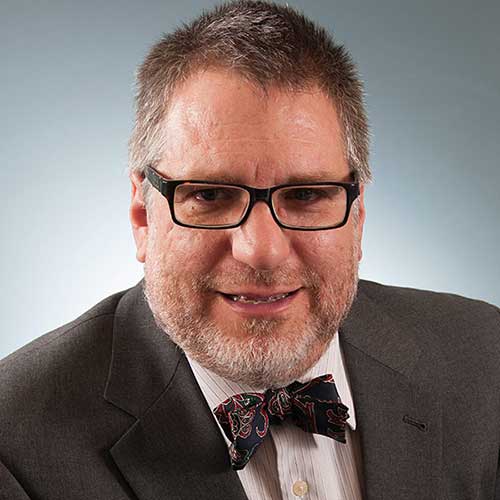

Michael Burger
Professor | College of Liberal Arts and Social Sciences
Department of History and World Languages and Cultures, College of Liberal Arts & Social Sciences
Project start: Already started Project end: Until about December 2021 or so.
Description of opportunity:
I’m working on a book on spatial dimensions of medieval diocesan administration. Bishops were increasing their control over their dioceses and creating centralized bureaucracies to enable them to do so. How hard was it to overcome a culture that expected power to be exercised face to face? One aspect of the book will be analyzing the movement of bishops and its relationship (or lack of relationship) with the locale of the business they handled using Geographic Information Systems (i.e., the application of computer technology to spatial relationships). This will require a lot of data entry, where a student might be helpful.
Looking for: I would need a student who reads well and is anal retentive about detail. Ability to read Latin would be a big plus, but in certain phases of the project would not be necessary. A plus also would be command of the GIS program, GeoMedia.
Duties: Reading the chief administrative records of medieval bishops, called “bishop’s registers” and entering data from them into Excel spreadsheets. Some of these registers are primarily in the form of English summaries, so Latin will not always be needed depending on what register I’m working on.
Amount of time estimated/week: This could be quite variable. Say, 3 hours per week?
To learn more: Email would be best: [email protected].
Dr. Agnitra Roy Choudhury is an Assistant Professor in the Economics department. Dr. Roy Choudhury received his PhD and MA from Binghamton University. His training is in applied microeconomics and applied econometrics. His research interests include studying the impact of regulations on health care and labor markets. Currently Dr. Roy Choudhury’s research includes analyzing Scope of Practice regulations and Certificate of Need laws. In addition to studying health care and labor market regulations, Dr. Roy Choudhury has projects ranging from entrepreneurship to the impact of legalizing of cannabis on public health. His research papers have been published in peer-reviewed journals like Vaccine, Empirical Economic Letters, Applied Economics Letters, and Journal of Risk & Financial Management. In his free time, he enjoys exercising, cooking, and spending time with his friends.

Agnitra Roy Choudhury
Assistant Professor | College of Liberal Arts and Social Sciences
Department of Economics, College of Liberal Arts & Social Sciences
Project start: as soon as possible Project end: March 2020
Description of opportunity:
Mainly work on empirical projects and quantitative analysis. This project deals with analyzing how access to paid family leave affects early childhood health investments. We will be looking at various markers to detect health investments, such as birth weight, infant mortality, etc. The other side of this same project is analyzing the impact of paid family leave programs on employment of women in the child bearing years and their labor market opportunities.
Looking for: Economics, Computer science, finance, mathematics
Duties: Work on data transformations, aggregating data, cleaning data, and some basic statistical analysis.
Amount of time estimated/week: 10 hours per week maximum
To learn more: Email – [email protected]
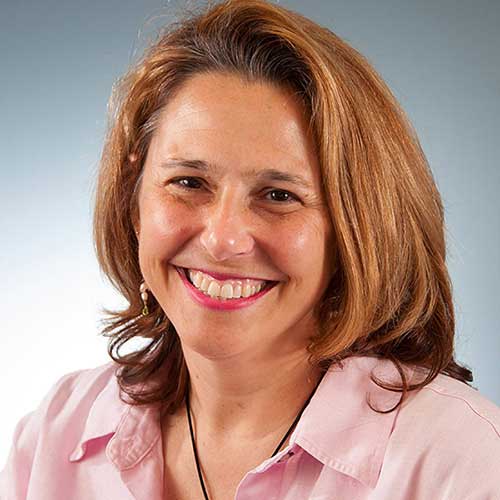
Lee Farrow
Chair; Distinguished Research & Distinguished Teaching Professor

Lee Farrow
Chair; Distinguished Research & Distinguished Teaching Professor | College of Liberal Arts and Social Sciences
Department of History, World Languages, and Cultures, College of Liberal Arts & Social Sciences
Project start: Any time Project end: None at the moment
Description of opportunity:
I am considering writing my next book on the travels of Emmeline Pankhurst, the British feminist and suffragette, in Russia. Pankhurst visited Russia during the Russian Revolution, eager to capitalize on the changes taking place to further the rights of women. A student could help me research for mentions of this in secondary literature and, possibly, newspapers.
Looking for: Any major, but student needs to be thorough and pay attention to details.
Duties: Secondary research online; ordering potential sources through interlibrary loan and copying relevant pages; possibly research in newspapers online or on microfilm.
Amount of time estimated per week: To be negotiated, flexible.
To learn more: Email [email protected] or stop by my office, 345 Liberal Arts on Wednesdays or make and appointment
Ph.D. Microbiology, May 1992, University of Kentucky
Dr. Haddix is an Associate Professor in the Biology Department in the School of Sciences. He has a broad background in microbiology and molecular biology. His research interests are in the biological functions of bacterial pigments and the use of bacteria as biological sensors for the detection of environmental contaminants. Dr. Haddix’s primary research interest involves identifying and characterizing the biological function of a red pigment made by the soil bacterium and opportunistic bacterial pathogen Serratia marcescens. His early work on this project built a circumstantial case for a negative role for prodigiosin pigment in cellular energy production during high-rate cell multiplication when cellular energy levels begin at their maximum (PubMed ID # 18805986). More recent work has revealed that the pigment has a positive function in cellular energy production when cellular energy levels are low; this positive function ultimately produces a doubling of pigmented cell yield over that of non-pigmented cells (PMID # 29616306). His most recent work has more clearly defined the negative role, and a manuscript describing these results is due to be submitted for publication in spring, 2019. Ongoing experimental work will more closely address the positive function and build a model for prodigiosin pigment in the cellular energy fluxes associated with Serratia marcescens population growth.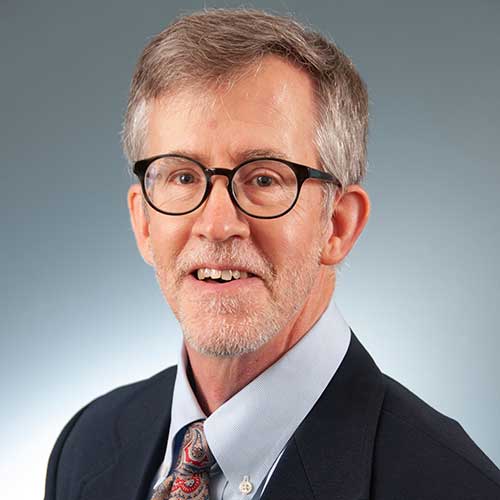

Pryce Haddix
Associate Professor | College of Sciences
B.A. Biology with chemistry emphasis, May 1985, Transylvania University, Lexington, KY
Department of Biology, College of Sciences
Project start: Although project is ongoing, Dr. Haddix is willing to mentor new students after Spring 2020.
Project end: Ongoing
Description of opportunity:
Research in microbiology involving the biological function of a red pigment produced by Serratia marcescens bacteria. My ongoing work has shown that the pigment modulates in a complex manner the production of the energy storage compound ATP.
Looking for: Junior or Senior standing; successful completion of two semesters of general chemistry with their labs as well as microbiology and its labs.
Duties: Experimental work on the project using laboratory equipment including a spectrophotometer and a chemostat. Data analysis and conclusion using Microsoft Excel. Preparation of a poster presentation describing the results.
Amount of time estimated/week: That depends on the credit hour option for our research course BIOL 4932
Directed Research: 1 credit = 3 hours; 2 credits = 6 hours; 3 credits = 9 hours
To learn more: Dr. Pete Haddix [email protected]; 334-244-3333
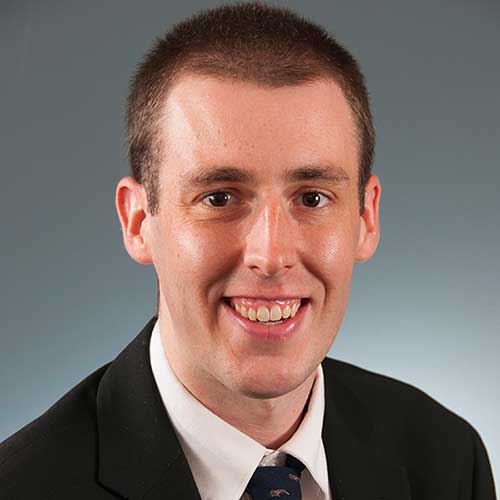

David Hughes
Associate Professor | College of Liberal Arts and Social Sciences
Department of Political Science and Public Administration, College of Liberal Arts & Social Sciences
Project start: Open Project end: Open
Description of opportunity:
Usually has a rolling series of projects available for interested students.
Looking for: Political Science and Public Administration students.
Duties: Varying research responsibilities.
Amount of time estimated/week: As much as students would like to shoulder.
To learn more: My email address is [email protected].
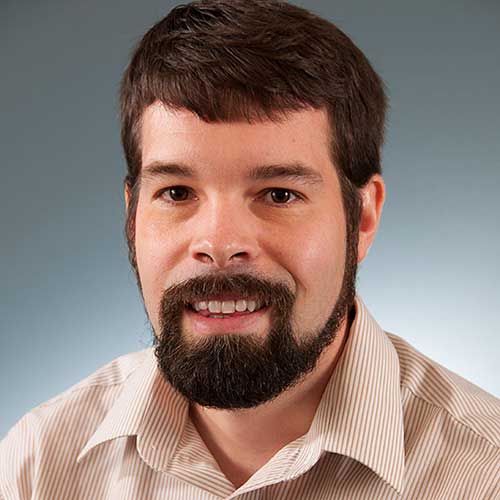

Brett Lehman
Associate Professor | College of Liberal Arts and Social Sciences
Department of Sociology, Anthropology, & Social Work , College of Liberal Arts & Social Sciences
Project start: Open Project end: Open
Description of opportunity:
Social impact of the Legacy Museum on the wider Montgomery/River Region community.
Looking for:
Students should be interested in social change, social inequality, and/or community engagement. Intro to sociology course experience, and the ability to effectively describe what was learned from the course. Look for students who have at least 1 year of school remaining to gain maximum benefit from the experience.
Duties:
Ethical conduct of research training; otherwise, the duties will depend on student interest and availability.
Amount of time estimated/week: Flexible: 1-3 hours a week
To learn more: Email [email protected]
Department of Sociology, Anthropology, & Social Work , College of Liberal Arts & Social Sciences
Project start: Open Project end: Open
Description of opportunity:
Social impact of the Legacy Museum on the wider Montgomery/River Region community.
Looking for:
In-depth observation of students’ social life on the AUM campus. This is a student-led project due to the nature of the project.
Duties:
Ethical conduct of research training; otherwise, the duties will depend on student interest and availability.
Amount of time estimated/week: Flexible: 1-3 hours a week
To learn more: Email [email protected]
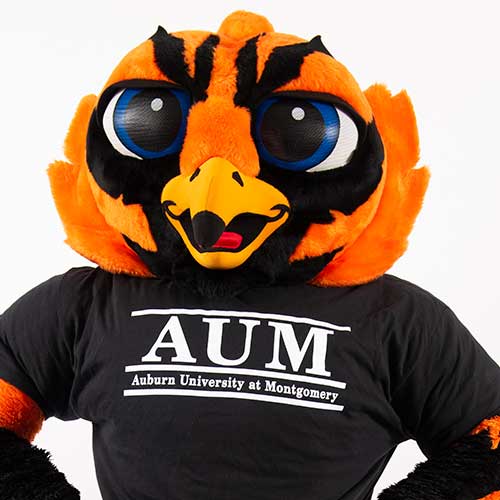

Jacqueline McNett
Assistant Professor | College of Liberal Arts and Social Sciences
Department of Criminal Justice , College of Liberal Arts & Social Sciences
Project start: Open Project end: Open
Description of opportunity:
Media Content Analysis of Forensic Files
Looking for:
Access to Netflix
Experience with Microsoft Excel
Any major
Undergraduate or graduate
Duties:
1) Watching Forensic Files
2) Taking detailed notes
3) Creating Excel spreadsheets
Amount of time estimated/week: Flexible: 1-3 hours a week
To learn more: Email [email protected]
Faculty and Undergraduate Research
Our faculty members are professionals in the various fields of Chemistry and other Physical Sciences. They are active in research in all areas of Chemistry and in Meteorology. Undergraduate research is a way to get research experience before leaving college. As a student you will work closely with a faculty advisor on a shared research project. The research options are almost limitless and the experience is invaluable.

